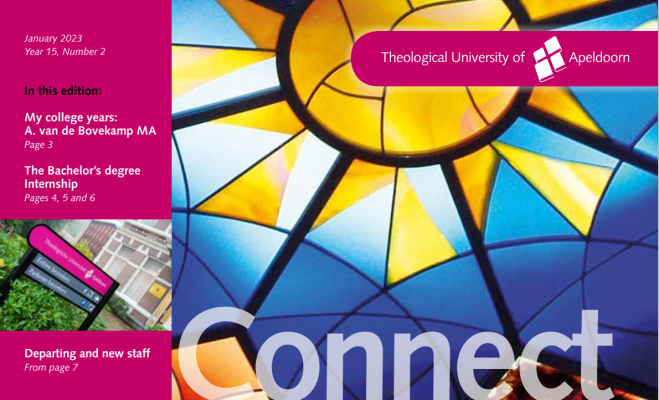10 November 2022
A Closer Look at RESILIENCE’s Work in the Preparatory Phase
RESILIENCE, the Research Infrastructure (RI) of which TUA is a part, started its Preparatory Phase (2022-2026) in June this year.
Decisive
The preparatory phase will be a decisive phase, in which it must become clear whether the legal form of an ERIC (European Research Infrastructure Consortium) can actually be launched in 2026, and which countries and institutions will be its members and partners. The work in this phase includes legal, governance, financial, technical, strategic, and administrative aspects carried out in six workpackages (WPs).
TUA's participation
TUA is leading the workpackage focused on Communication, Dissemination, and Exploitation (WP4). The main objectives of this WP are updating and implementing the Communication & Dissemination Plan during the Preparatory Phase and to develop a communication study dedicated to the specificity and typology of services and datasets for Religious Studies. On behalf of TUA, Karla Boersma and Niels Stouten are involved in this WP as communication staff.
From 15 to 17 February 2023, the TUA plans to host the other members of the workpackage in Apeldoorn for a International Workshop on RESILIENCE's communication strategy. The objective of the workshop is to further define and improve RESILIENCE's communication strategy.
Transnational Access Programme
TUA is not only involved in the communication of RESILIENCE. TUA also shares in the Transnational Access Programme (TNA), in which researchers can visit a host institution such as TUA and gain access to (exclusive) collections and expertise for the benefit of their research. In addition to TUA, currently FSCIRE (IT), KU Leuven (BE), University of Sarajevo (BIH), Volos Academy for Theological Studies (GR), Westfälische Wilhelms-Universität Muenster (DE) and the Sofiiski Universitet Sveti Kliment Ohridski (BG) are host institutions in the TNA Programme. In the coming years, RESILIENCE aims to connect more institutions to this service.
A new TNA Call will go out on 15 May 2023 for researchers who would like to participate in the TNA Programme.
Questions
In this Preparatory Phase of RESILIENCE, the exciting questions that have been identified earlier are coming closer to reality as well. Questions such as: How will RESILIENCE collaborate with other RIs? In the Preparatory Phase, what services will RESILIENCE be able to adopt and offer as an infrastructure primarily focused on Religious Studies? How can RESILIENCE optimise these services together with future users? What is the impact RESILIENCE wants to achieve and how does it accomplish this? RESILIENCE and the staff involved from TUA are looking forward to finding answers to these questions in a collaborative way.
Stakeholder Involvement
Building a research infrastructure for Religious Studies is done in close collaboration with stakeholders, like academia. In the coming years, we will reinforce the stakeholder involvement so that we can learn from the stakeholder’s desires and challenges in conducting research on Religious Studies.
Confidence
RESILIENCE executive directors are confident about the work to be done and are looking forward to the further development of the RI. As general executive director Francesca Cadeddu says:
“Teams and Units are ready to put in place all the preparatory actions that we planned in light of the strategy that our General Assembly designed for us. The excellent profiles of our team members and the dynamism that has always characterised our consortium gives us great confidence on the good quality of the results we are going to achieve.”
For more information on TUA's involvement in RESILIENCE, click here.
